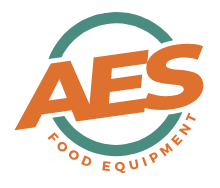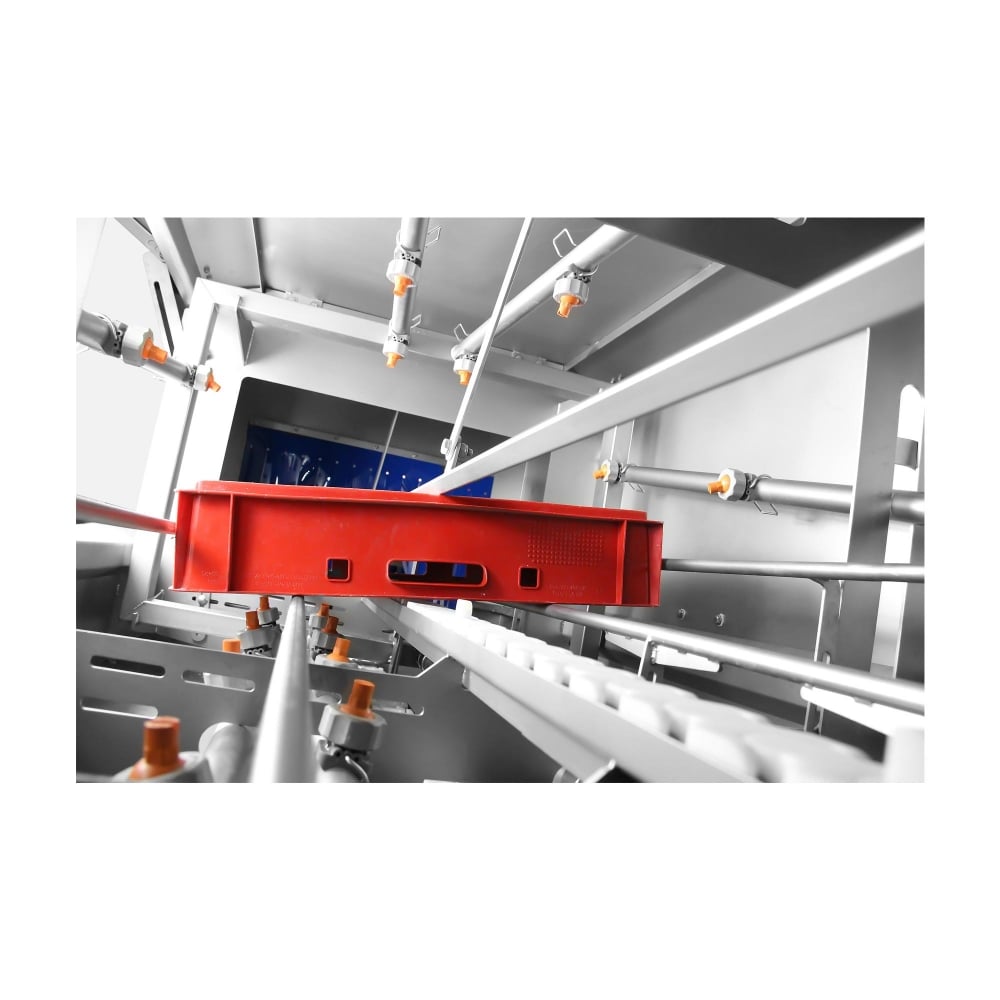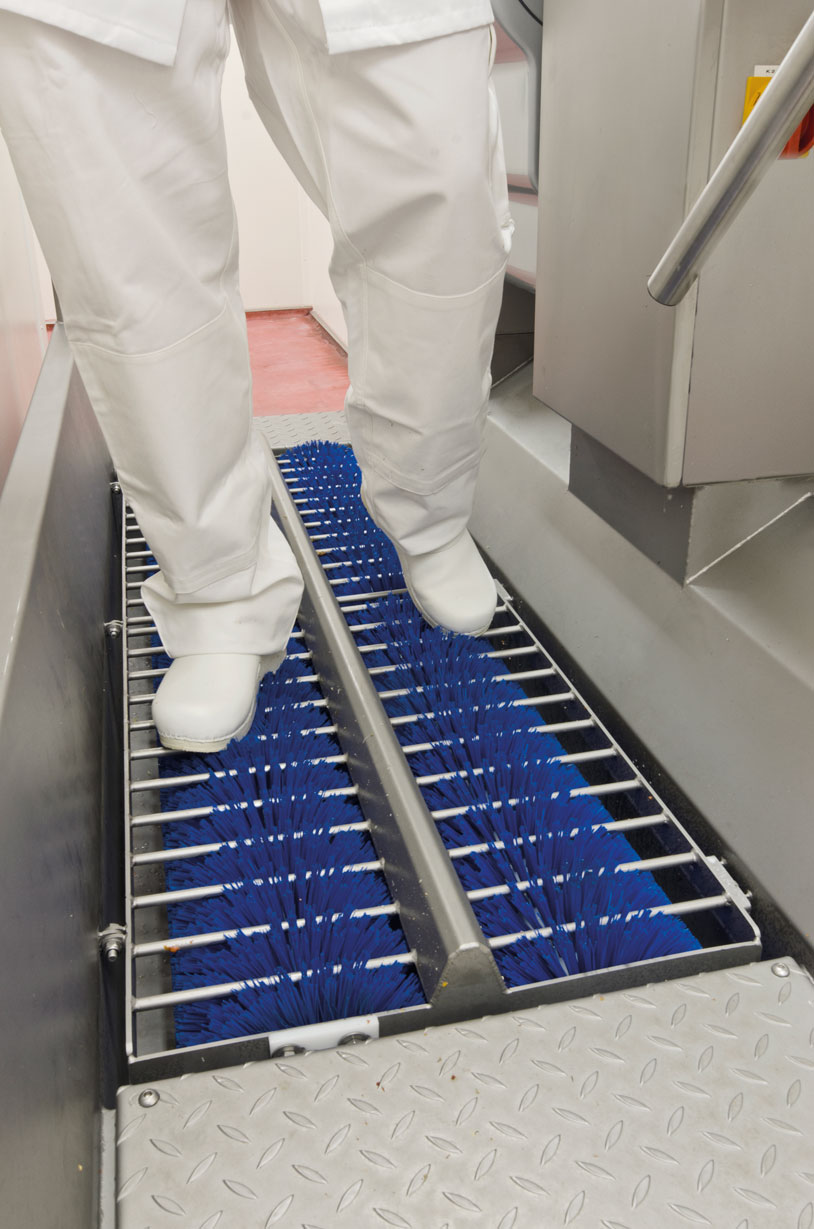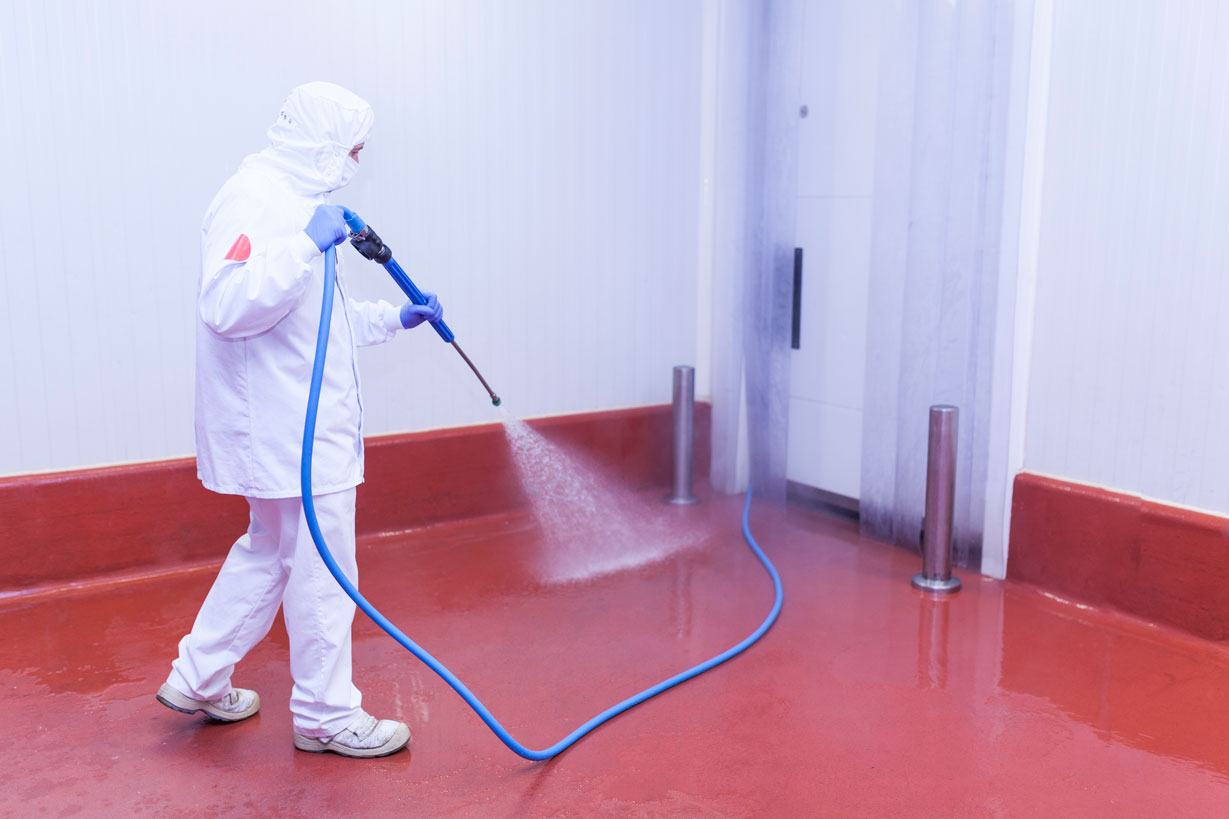Choosing the Right Hygiene Equipment for Your Business
Maintaining proper hygiene in your business is crucial for keeping your customers and employees healthy and happy. Investing in the right hygiene equipment for your business can help prevent the spread of germs and create a clean environment. When investing in hygiene equipment, there are several key factors to consider.
Assess Your Needs
The first step is taking a close look at your business and determining what kind of hygiene equipment you need. Consider high traffic areas and surfaces that are frequently touched. You'll want hand sanitiser dispensers placed around your business near entrances and exits, reception areas, lift buttons, door handles, etc.
Look at your bathrooms and think about adding touch-free soap dispensers, hand dryers, and toilet seat sanitiser dispensers.
Examine your kitchen/breakroom and consider touch-free hand sanitiser dispensers, anti-bacterial spray, and disinfectant wipes. Make a list of where hygiene equipment is needed most.
Consider investing in specialist hygiene equipment such as commercial utensil washers. Choosing the right hygiene equipment for your business is critical.
Hand Hygiene Products
Hand hygiene is extremely important, so having the right products is essential. Hand sanitiser dispensers placed strategically around your business allow staff and customers to sanitise their hands regularly.
Opt for touch-free dispensers to prevent cross-contamination. Choose a hand sanitiser that contains at least 60% alcohol to effectively kill germs. Also, provide bar and liquid hand soaps in bathrooms. Invest in good quality paper towels and avoid air dryers which can spread germs. Provide disposable anti-bacterial wipes for cleaning surfaces.
Washroom Hygiene Equipment
Your washrooms need proper hygiene equipment.
Install touch-free/sensor activated tap sinks, soap dispensers, toilet flushes, and hand dryers. Sensor-activated equipment prevents the spread of germs from touch. Provide sanitary bins with lids and ensure regular waste removal. Consider toilet seat sanitiser spray or foam to kill germs.
Odour control is also important, so invest in automated air fresheners and deodorisers.
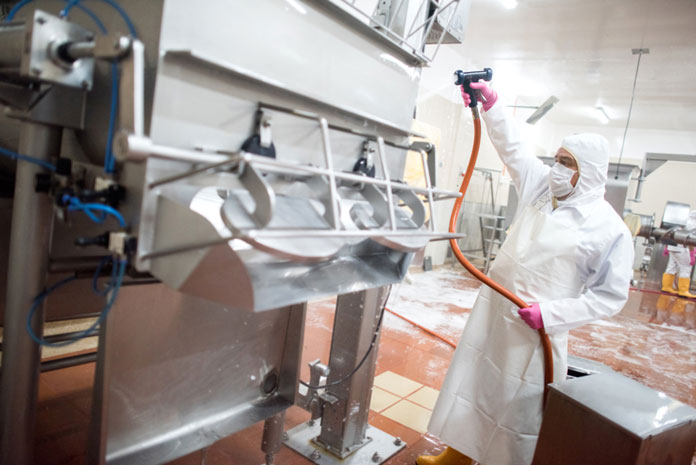
Cleaning Equipment
The right cleaning equipment keeps your business hygienic.
- A commercial grade vacuum cleaner is a must for carpets and hard floors. Choose one with a HEPA filter to control dust and allergens.
- Microfibre cloths are ideal for trapping dirt and grease without spreading germs.
- Buy colour-coded cloths for different areas to prevent cross-contamination.
- Disinfectant spray and wipes kill germs on surfaces.
- A commercial steam cleaner uses high temperature steam to sanitise surfaces and kill viruses without chemicals.
- Mops, buckets, and scrubbers will also be needed for floor cleaning.
Protective Equipment
Provide staff with protective hygiene equipment too. Disposable gloves should be worn when handling waste, cleaning washrooms, and during food preparation. Face masks can help protect staff and customers from transmitting airborne germs. Provide touch-free face mask dispensers for convenience. Disposable aprons are useful when cleaning or working with food. Shoe sanitising floor mats at entrances prevent outside germs from being tracked inside.
By investing in the right hygiene equipment and carefully considering placement, your business can create a safe, healthy, and clean environment for all. The key is identifying your hygiene needs, purchasing quality commercial grade options, and positioning equipment strategically throughout your business. Taking these steps allows you to choose the right hygiene equipment for encouraging good hand, respiratory, and overall hygiene. Your customers and staff will appreciate your efforts in prioritising their health and well-being through proper hygiene equipment.
